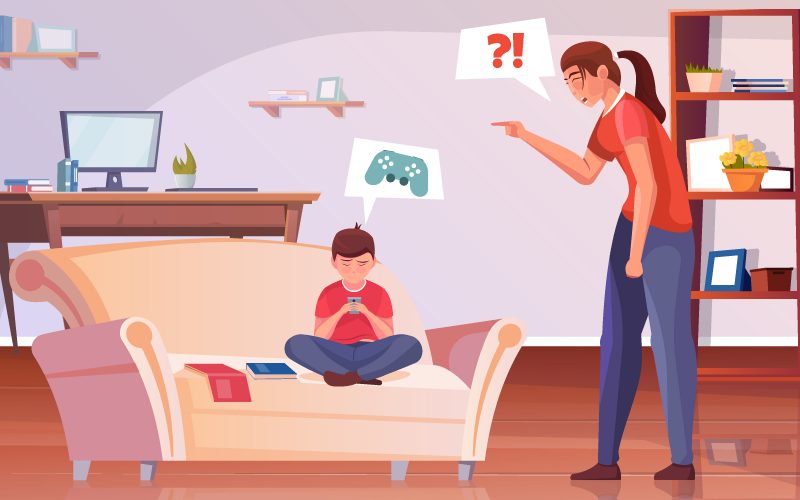What is the difference between consequences and punishments for kids?
Children break the rules and test our limits sometimes. But if we respond to them in a helpful manner, they learn to make better choices and be more responsible in the future. But not all adult interventions are created equal. How do we empower our children to make better choices?
What are Punishments?
Punishments are often unrelated to the behavior problem and they may be severe in nature. Often meant to shame or humiliate children.
Punishments predominantly cause children to feel bad about who they are—as opposed to what they did. Children who experience self-worth issues because of this become more likely to misbehave in the future as well. Punishments can also be counterproductive because they cause kids to focus on their anger toward their parents, rather than think about what they can do better next time. For example, a child may think, “My mom is mean,” instead of, “I made a mistake.”
Examples of punishment
- A 3-year-old doesn’t pick up his toys when he’s told. His parents throw away his toys into the bin and slap him.
- A 12-year-old doesn’t clean her bedroom. Her parents take pictures and post it on social media to embarrass her.
What are Consequences?
Healthy consequences help children continue to feel good about themselves while also giving them confidence that they can do better next time.
Examples of consequence
- A 3-year-old doesn’t pick up his toys when he’s told. His parents restrict his play time.
- A 12-year-old doesn’t clean her bedroom. She isn’t allowed to use her gadget for the rest of the day.
In Conclusion
To realize their mistake, children don’t need to be made to feel bad. They see the world with the zest of joy in life. All they need is someone who safeguards their joy in life, subtly point them their mistakes and give responsible choices. In the long term, punishments backfire. They lose effectiveness because kids aren’t learning the skills that they need to make better choices. Consequences help children see that they made a bad choice, but they can do better in the future.
So lets choose this form of communication going forward:
“I noticed that you didn’t wash your plate and I understand you have to go and play. Can you please spend 2 minutes washing your plate? Or even after your play time you can wash your plates”
